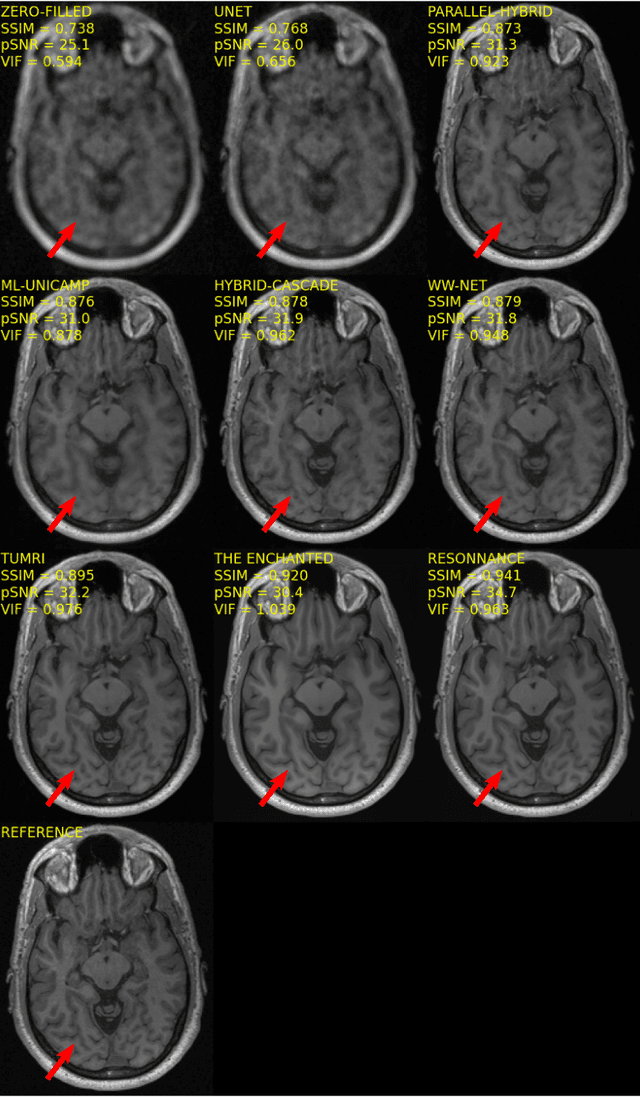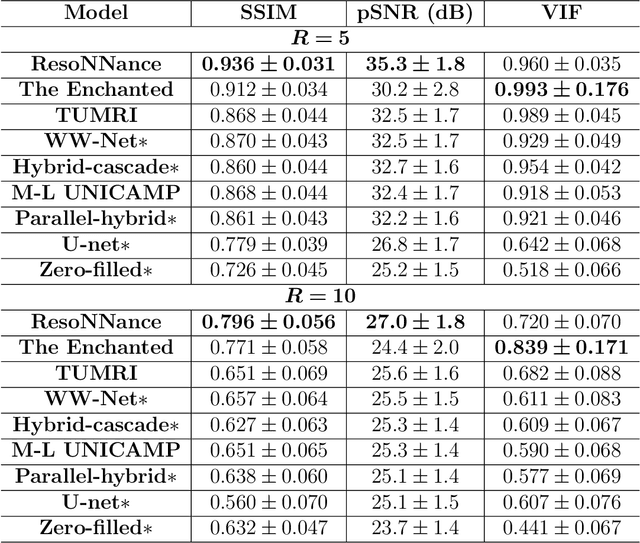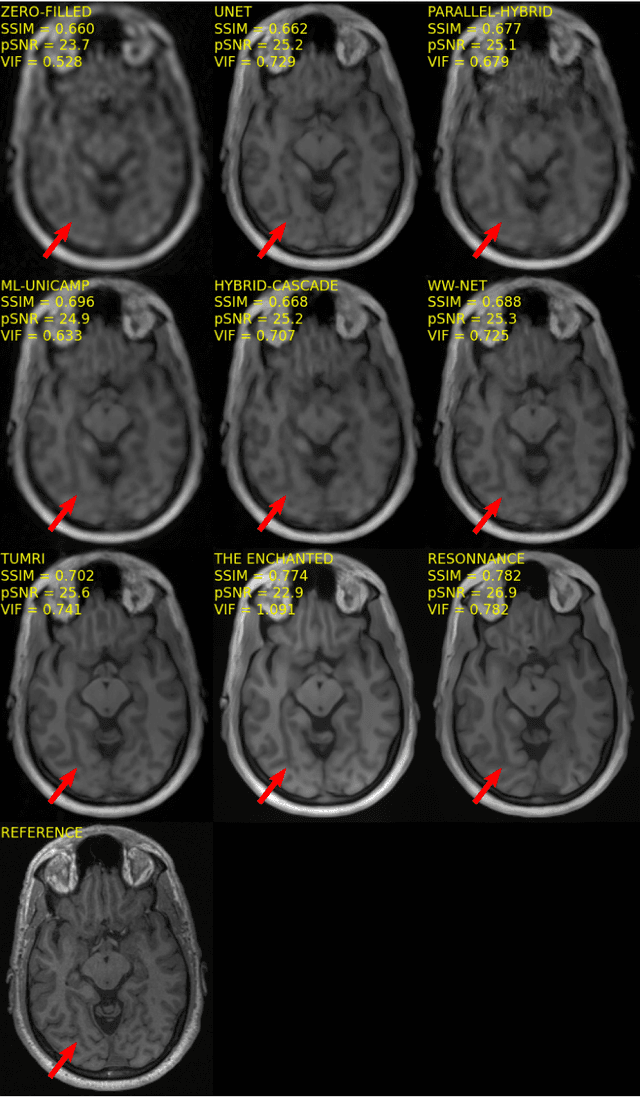Jaya Chandra Raju
MIST GAN: Modality Imputation Using Style Transfer for MRI
Feb 21, 2022



Abstract:MRI entails a great amount of cost, time and effort for the generation of all the modalities that are recommended for efficient diagnosis and treatment planning. Recent advancements in deep learning research show that generative models have achieved substantial improvement in the aspects of style transfer and image synthesis. In this work, we formulate generating the missing MR modality from existing MR modalities as an imputation problem using style transfer. With a multiple-to-one mapping, we model a network that accommodates domain specific styles in generating the target image. We analyse the style diversity both within and across MR modalities. Our model is tested on the BraTS'18 dataset and the results obtained are observed to be on par with the state-of-the-art in terms of visual metrics, SSIM and PSNR. After being evaluated by two expert radiologists, we show that our model is efficient, extendable, and suitable for clinical applications.
Multi-channel MR Reconstruction (MC-MRRec) Challenge -- Comparing Accelerated MR Reconstruction Models and Assessing Their Genereralizability to Datasets Collected with Different Coils
Nov 10, 2020



Abstract:The 2020 Multi-channel Magnetic Resonance Reconstruction (MC-MRRec) Challenge had two primary goals: 1) compare different MR image reconstruction models on a large dataset and 2) assess the generalizability of these models to datasets acquired with a different number of receiver coils (i.e., multiple channels). The challenge had two tracks: Track 01 focused on assessing models trained and tested with 12-channel data. Track 02 focused on assessing models trained with 12-channel data and tested on both 12-channel and 32-channel data. While the challenge is ongoing, here we describe the first edition of the challenge and summarise submissions received prior to 5 September 2020. Track 01 had five baseline models and received four independent submissions. Track 02 had two baseline models and received two independent submissions. This manuscript provides relevant comparative information on the current state-of-the-art of MR reconstruction and highlights the challenges of obtaining generalizable models that are required prior to clinical adoption. Both challenge tracks remain open and will provide an objective performance assessment for future submissions. Subsequent editions of the challenge are proposed to investigate new concepts and strategies, such as the integration of potentially available longitudinal information during the MR reconstruction process. An outline of the proposed second edition of the challenge is presented in this manuscript.
 Add to Chrome
Add to Chrome Add to Firefox
Add to Firefox Add to Edge
Add to Edge